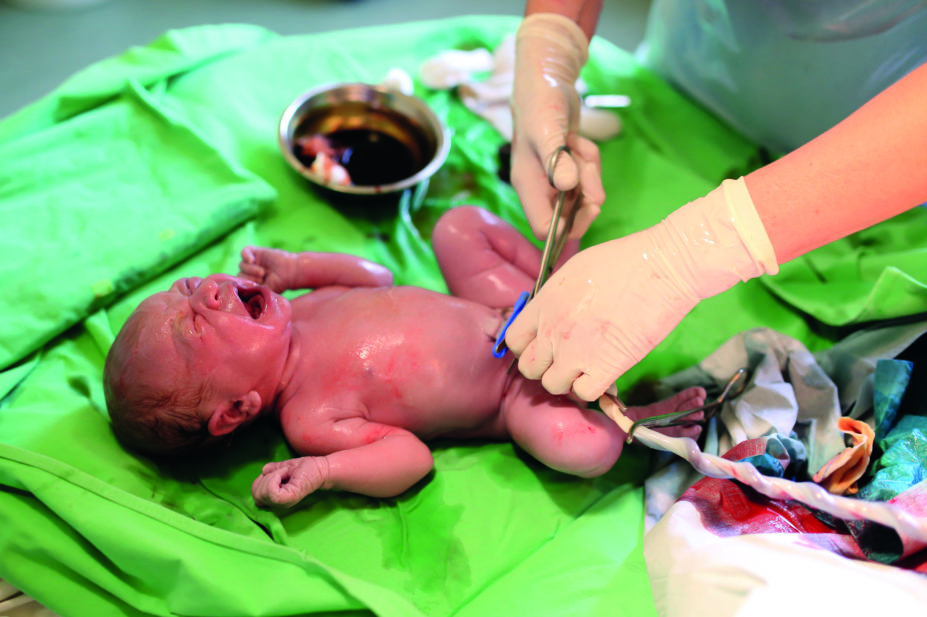
Shutterstock.com
It is thought that maternal vitamin D deficiency during pregnancy could play a role in the risk of allergy and asthma during childhood. However, studies investigating this have provided inconsistent results.
In a study in the Journal of Clinical Allergy and Immunology
[1]
(online, 25 May 2017), researchers randomly assigned 51 mothers to vitamin D3 supplementation at either 4400IU/day or 400IU/day in the second and third trimesters of pregnancy.
Analysing cord blood samples from their newborn children, the team found that those from neonates in the 4400IU/day group showed greater innate cytokine production and T-cell stimulation in response to pathogens than those in the 400IU/day group.
The researchers say that, given that enhanced immune responses in early life are associated with a decreased risk of childhood wheeze, asthma and allergic sensitisation, maternal vitamin D3 supplementation could improve respiratory health in early life.
References
[1] Hornsby E, Pfeffer PE, Larnjo N et al. Vitamin D supplementation during pregnancy: effect on the neonatal immune system in a randomized controlled trial. J Allergy Clin Immunol 2017; doi:10.1016/j.jaci.2017.02.039


